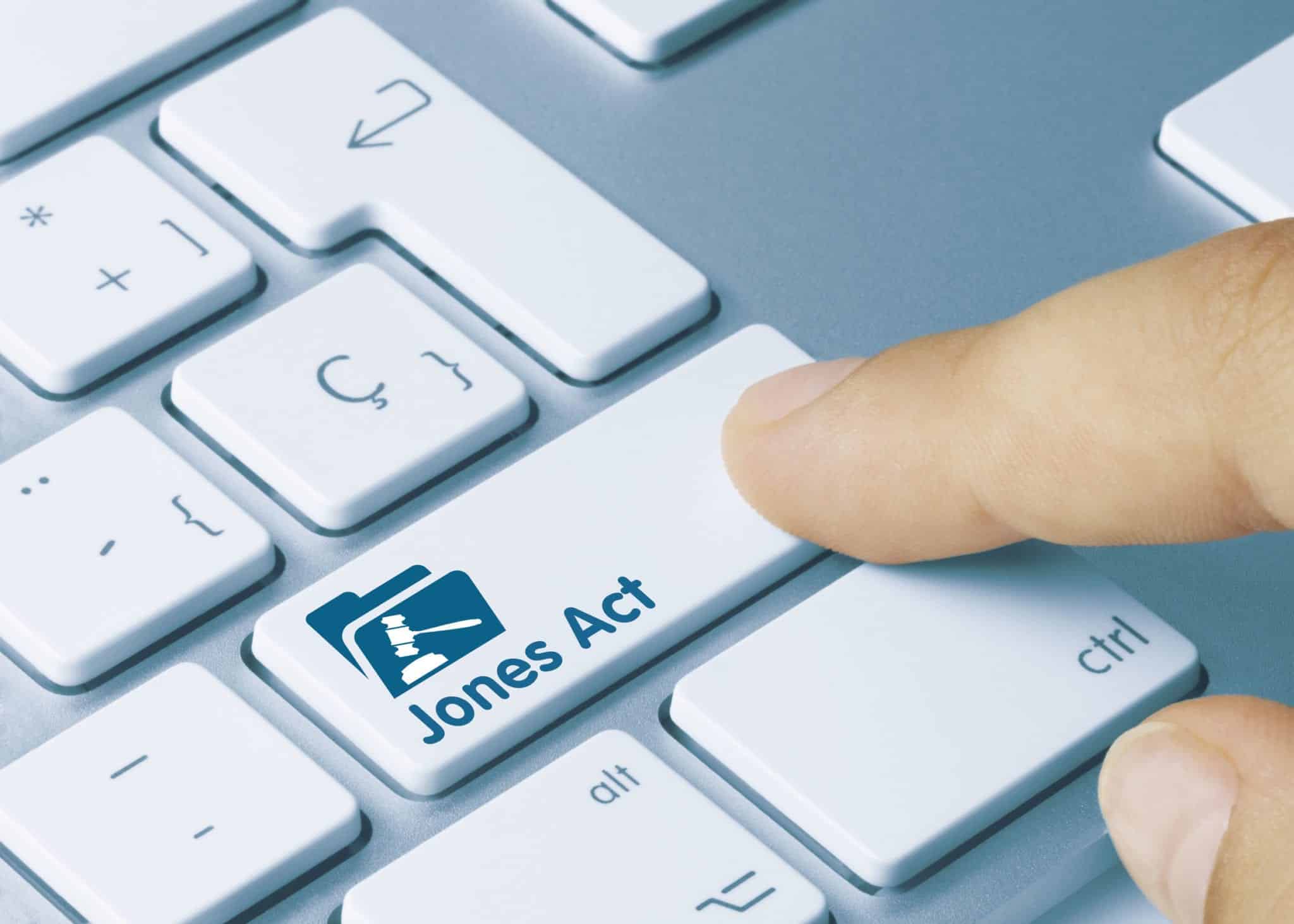Maritime law is a highly specialized area of law that requires a vast knowledge of guidelines that not just any type of attorney knows about. A perfect example of this is The Jones Act.
Are you unfamiliar with this legislation? If so, you’re certainly not alone. This important piece of maritime federal law is vital to any seaman who works aboard a vessel.
If you work on a cruise ship, learn more about The Jones Act and who qualifies for protection and rights to personal injury claim under it.
What Is The Jones Act?
The Jones Act is a federal law that provides rights to compensation for those who have become ill or been injured while working on or in connection to a vessel.
A vessel under the Act is any type of ship or boat, such as cargo ships, factory trawlers, offshore drilling rigs, cruise ships, crabbing boats, casino boats, and charter boats. Also, tankers, tugboats, ferries, and barges qualify as a vessel under the Act.
Who Is Entitled to Compensation?
To qualify for compensation under The Jones Act, you must meet three criteria:
- You must be able to be defined as a seaman
- You must develop the illness or sustain the injury during your employment
- The illness or injury must have resulted from negligence on the part of another employee or employer
Working on vessels can be dangerous and the risk of serious injury is always lurking. That makes The Jones Act an essential legal remedy for many of those who work on ships and put themselves in harm’s way as a result.
Who Qualifies as a Seaman?
The general definition of a seaman is someone who performs a large amount of their work on some sort of vessel.
For those who work part-time, at least 30 percent of their time must be spent working on a vessel to qualify for compensation under The Jones Act.
Who Can Bring a Claim Under The Jones Act?
The Jones Act provides protection only to those who are considered a seaman. The court will determine if someone qualifies as a seaman under the definition of the Act and also consider the nature and duration of the person’s work aboard the vessel.
Most longshoreman, harbor workers, and contract workers cannot bring claims under the Act. However, other maritime laws can cover their injuries.
What Types of Injuries Are Covered in the Act?
Injuries that occur due to the negligence of another employee or the owner of the vessel can be compensated under The Jones Act if the injury happened during the scope of employment.
Any injury that happened on the ship or on another vessel may still be covered, but that will depend on what the injured party was doing when the injury occurred.
It is the duty of any vessel owner to maintain safety aboard their vessel. When the duty is breached and an injury occurs, they may be liable for the injury.
Also, The Jones Act does not bar recovery for a seaman who may be partially at fault for the accident that injured them. However, the amount they can recover will be impacted by the proportion of responsibility they are assigned for the injury.

If you’re a seaman and you become sick or injured at work, then you may be entitled to compensation under The Jones Act. It’s in your best interest not to accept a settlement from the insurance company or employer before you explore your options under the Act.
About the Author:
Andrew Winston is a partner at the personal injury law firm of Winston Law. For over 20 years, he has successfully represented countless people in all kinds of personal injury cases, with a particular focus on child injury, legal malpractice, and premises liability. He has been recognized for excellence in the representation of injured clients by admission to the Million Dollar Advocates Forum and named one of America’s Top 100 High-Stakes Litigators. Mr. Winston is AV Preeminent Rated by the Martindale-Hubbell Law Directory, enjoys a 10.0 rating by AVVO as a Top Personal Injury Attorney, has been selected as a Florida “SuperLawyer” from 2011-2020 – an honor reserved for the top 5% of lawyers in the state – was voted to Florida Trend’s ”Legal Elite,” recognized by Expertise as one of the 20 Best Fort Lauderdale personal injury attorneys, named one of the Top 100 Lawyers in the Miami area for 2015-2017, and one of the Top 100 Lawyers in Florida for 2015-2017 and 2019.















